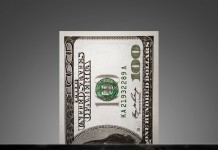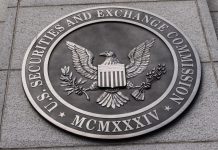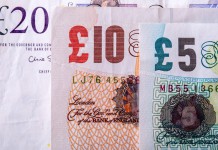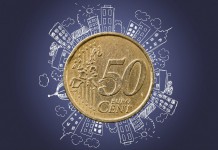FOMC members all on same page
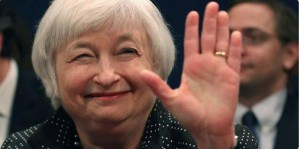 Fed Chair Janet Yellen will address a discussion on global economic developments in London later today at which she will affirm her view that despite recent weak data the Fed has been right to hike three times this year.
Fed Chair Janet Yellen will address a discussion on global economic developments in London later today at which she will affirm her view that despite recent weak data the Fed has been right to hike three times this year.
Yesterday’s release of durable goods orders was weaker than expected showing registering a fall in May. This is a notoriously fickle piece of data due to the fluctuating “ticket size” where a delay in delivery of one tanker or an aeroplane can completely skew the data. The size of future orders is a little more stable which and weakness there could be an early warning of a manufacturing slowdown.
Yellen’s colleagues William Dudley and John Williams both backed the recent hikes. Williams, the San Francisco Fed President said that lower inflation is due to one-off factors and should affect the future path of interest rates, while Dudley the New York Fed President and Yellen’s possible successor, commented that in real terms there has been a loosening of financial conditions over the past year.
The dollar is still struggling against the Euro which continues to test the 1.1200 level although there was buoying of dollars against the JPY as risk appetite improves.
Draghi confirms Dovish stance
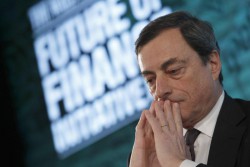 Considering the number of EU officials who believe it is their right to “have their say” on Brexit and other EU-wide issues, it is remarkable that Mario Draghi’s is the only voice heard discussing the Eurozone economy and the common currency.
Considering the number of EU officials who believe it is their right to “have their say” on Brexit and other EU-wide issues, it is remarkable that Mario Draghi’s is the only voice heard discussing the Eurozone economy and the common currency.
Nonetheless Draghi’s is a lone voice and that is another point in his personal plus column.
Yesterday the ECB President was in Lisbon addressing a “town-hall” meeting with students. He was pressed about the need for tighter monetary policy to get ahead of the curve as the economy expands.
His were typically dovish voicing concern about low inflation and remarking that low interest rates promote growth, and help borrowers. He said that he is concerned that tightening monetary policy would drive parts of the Eurozone back into recession and drive inequality.
The single currency is still struggling to break above 1.1250 and 0.8840 as interest rate differentials, real and possible support the dollar and pound.
Draghi isn’t even promoting a wait and see policy similar to the bank of England. His view is that since he is responsible for monetary policy across the entire region he must be careful to balance inflation, growth and employment.
May signs one billion pound cheque
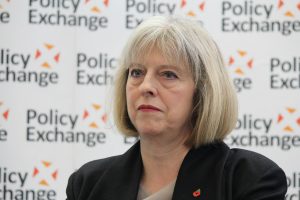 It seems that the cost of hanging on to power in the U.K. has risen substantially. Theresa May has agreed a package of one billion pounds in aid to Northern Ireland as part of the deal to secure sufficient votes to keep her minority Government in power. The odds still favour an Autumn election and possibly a further swing to the left.
It seems that the cost of hanging on to power in the U.K. has risen substantially. Theresa May has agreed a package of one billion pounds in aid to Northern Ireland as part of the deal to secure sufficient votes to keep her minority Government in power. The odds still favour an Autumn election and possibly a further swing to the left.
The pound has barely reacted to this news. Possibly it is a double-edged sword. On the one hand, we have a Government still leaning quite heavily towards a hard Brexit propped up by a small yet radical party totally opposed to the continuing adherence to the “Good Friday Agreement”. On the other there a left wing socialist with a tub-thumping disposition promoting a high taxation economy where privately owned assets are “re-nationalized” and public services drain investment.
Either way, the U.K. is facing a tough winter ahead. Inflation is about to top 3% with the MPC’s hands being tied to a certain extent. Calls for a tightening of monetary policy are met with concerns over choking off growth.




